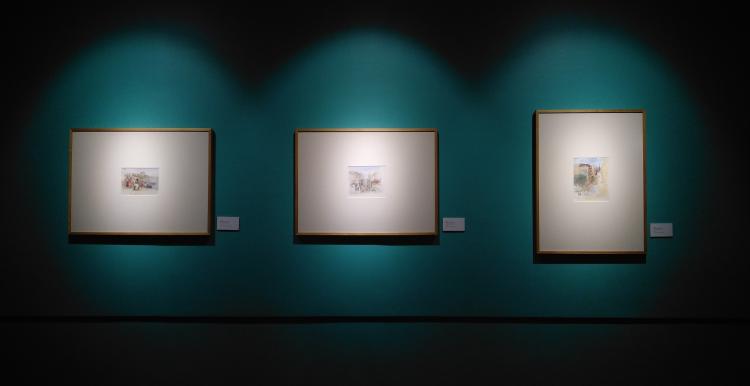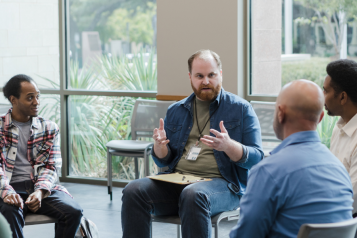How the Hidden Past of the Caribbean Affects Modern Health

This week, Healthwatch staff and volunteers were invited to a private guided tour by Healthwatch volunteer Avril, to learn about this fascinating part of our community’s history, (and the tour was also an opportunity to discuss the effects of Caribbean history on public health).
Migration and Health
We discussed that the NHS was founded on the same year as the Windrush, and that migration is very important in understanding our healthcare system.
The UK histories of health and migration were woven tightly together, as the NHS was created with a multi-cultural workforce.
The Caribbean Journey
It was interesting to learn that British Caribbean populations offer an unfolding picture of human culture, as the Caribbean culture itself is a blend of creolisation (a blend of different cultures). Enslaved people were transported to the Caribbean to work on the sugar plantations and this diverse heritage created new nations.
Once liberated, the Caribbean became a collection of new, vibrant, cultures that inspired the world with its food, arts, and music, but the brutal past of enslavement couldn’t easily be forgotten.
In the artefacts that were collected from those early days of a new NHS and a growing Caribbean Diaspora, we saw a culture facing creolisation again.
People battled against discrimination to make a brighter future, share their art, and they battled health challenges too, as the curses of sugar cane followed them from enslavement on the plantations into an epidemic of diabetes.
Explore the tour yourself on Sundays to find out more.

